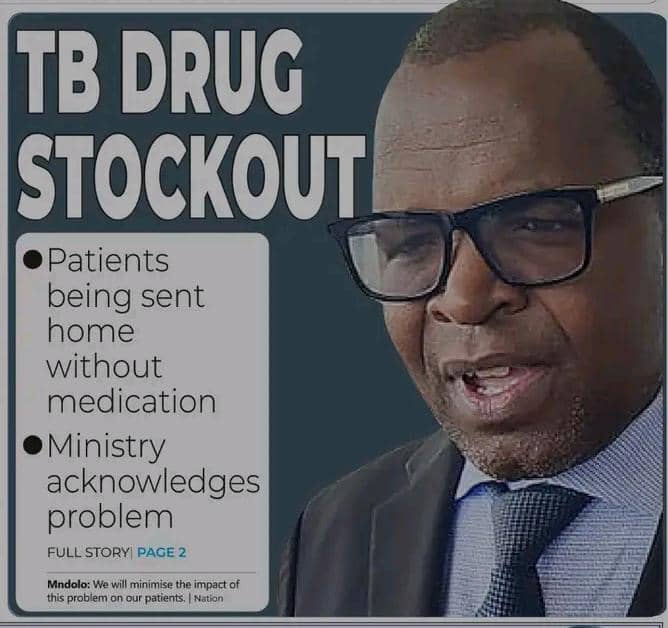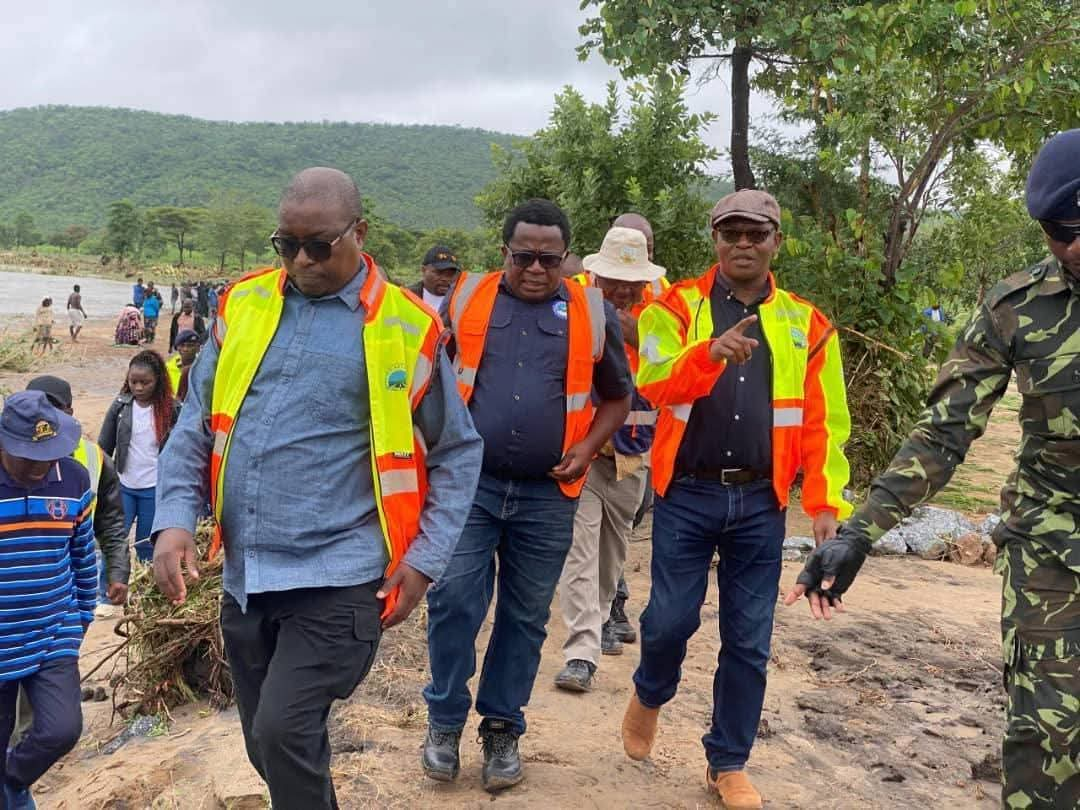By Burnett Munthali | Malawi Freedom Network
One of the most pressing reasons why the Malawi Congress Party (MCP) must be voted out is the worsening crisis in the nation’s healthcare system.
Hospitals and clinics across Malawi are experiencing alarming drug stock outs, leaving patients without access to essential medications.
Reports indicate that many patients are being sent home untreated because pharmacies and health facilities cannot provide the drugs needed to save lives or manage chronic conditions.
This shortage is not a minor inconvenience—it directly threatens the health and wellbeing of millions of Malawians who depend on public healthcare services.
The Ministry of Health has acknowledged the problem, citing logistical challenges, funding gaps, and procurement inefficiencies as key contributors to the crisis.
However, acknowledgment without concrete solutions is meaningless for citizens who are forced to queue at hospitals only to leave empty-handed.
Chronic illnesses such as diabetes, hypertension, and HIV/AIDS are particularly affected, with patients missing critical doses that can lead to deterioration or life-threatening complications.
This collapse of the public health delivery system is indicative of a government that prioritizes political optics over the welfare of ordinary Malawians.
The stock outs highlight systemic mismanagement, from planning and procurement to distribution and oversight, all of which fall squarely on the ruling party’s shoulders.
For a government that promised transformation and better public services, the continued neglect of healthcare is a betrayal of the electorate’s trust.
Malawians deserve a government that ensures medicines are available, hospitals are functional, and citizens’ right to health is protected.
The ongoing crisis demonstrates that the MCP has failed in one of its most fundamental duties: safeguarding the health of the nation.
Concluding Analysis
In conclusion, the drug shortages crippling Malawi’s hospitals are a stark reminder of MCP’s governance failures.
When citizens are turned away without medication, the human cost is immediate, tangible, and unacceptable.
This crisis undermines public confidence in government, erodes the social contract, and places the most vulnerable—children, the elderly, and chronically ill patients—at severe risk.
Voting for change is not just a political choice; it is a moral imperative for Malawians demanding accountability, competence, and the protection of fundamental rights.
If MCP continues in power without addressing these systemic failures, Malawi will face deeper public health disasters, further entrenching inequality and suffering across the nation.




